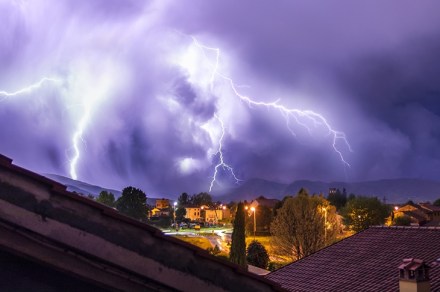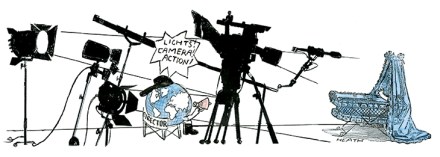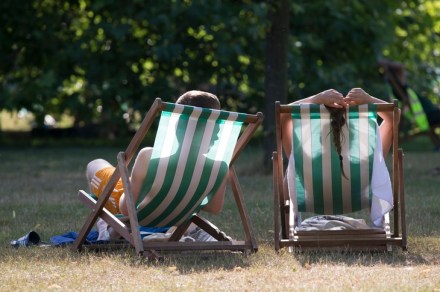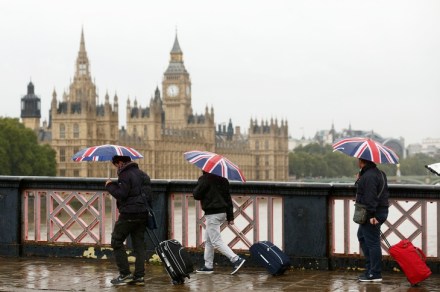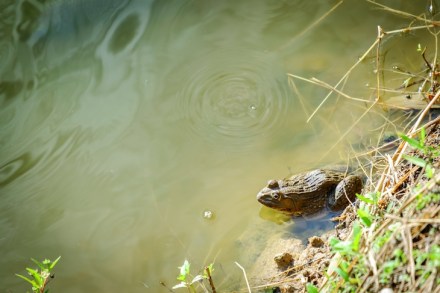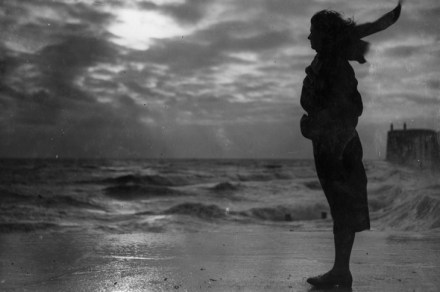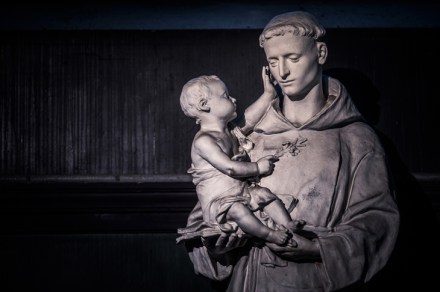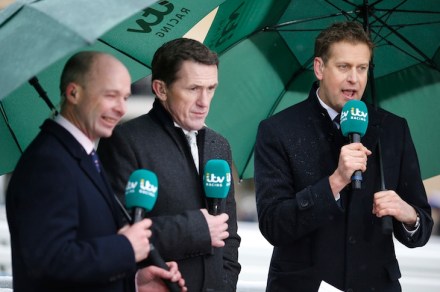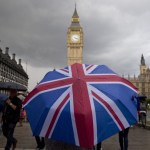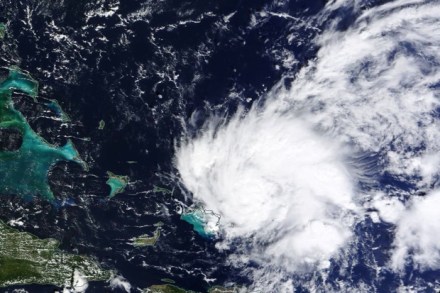Low life | 11 July 2019
The hotel manager had arranged for me to borrow an Alfa Romeo Spider Duetto two-seater convertible (1982) for the afternoon. And now, after lunch, here it was, as promised, parked on the forecourt. ‘You’re familiar with left-hand drive cars I take it, Mr Clarke?’ she said, a touch apprehensively I thought. ‘I’ve had a Spider,’ I said. ‘Similar to this, but a later, fuel-injected model.’ A true statement — although I was as confounded by it as she was. She handed me the key and a map with a suggested scenic route marked in Biro. I climbed in, fired the thing up, and with a cheery wave, 10,000 exploratory revs
